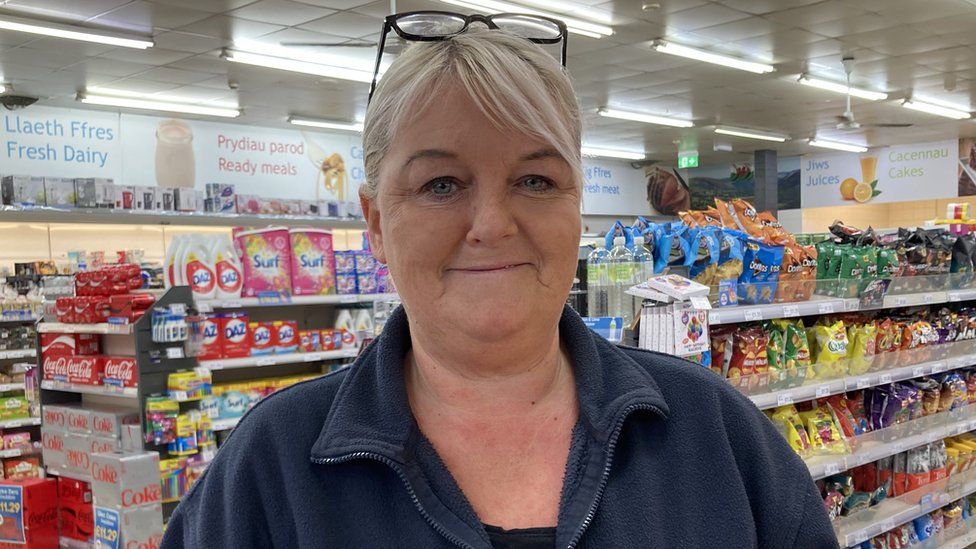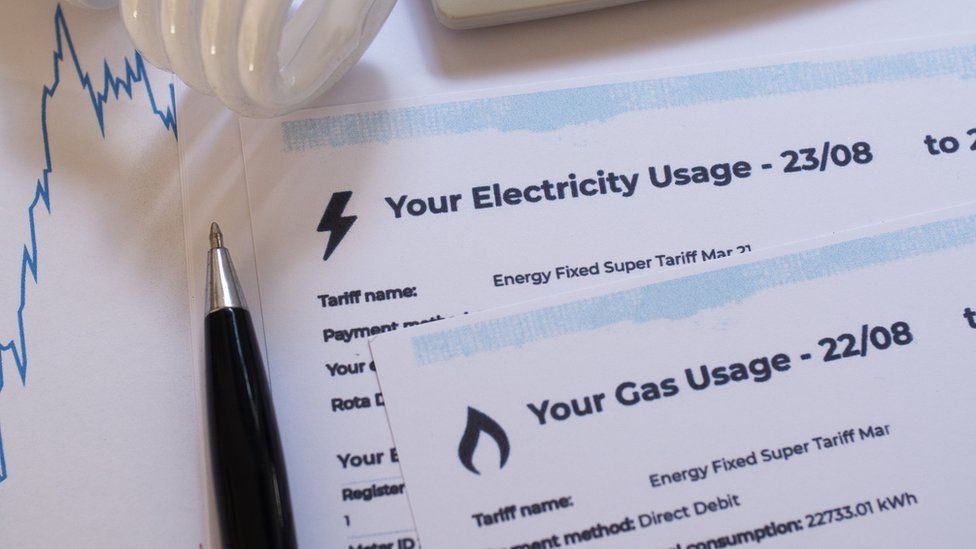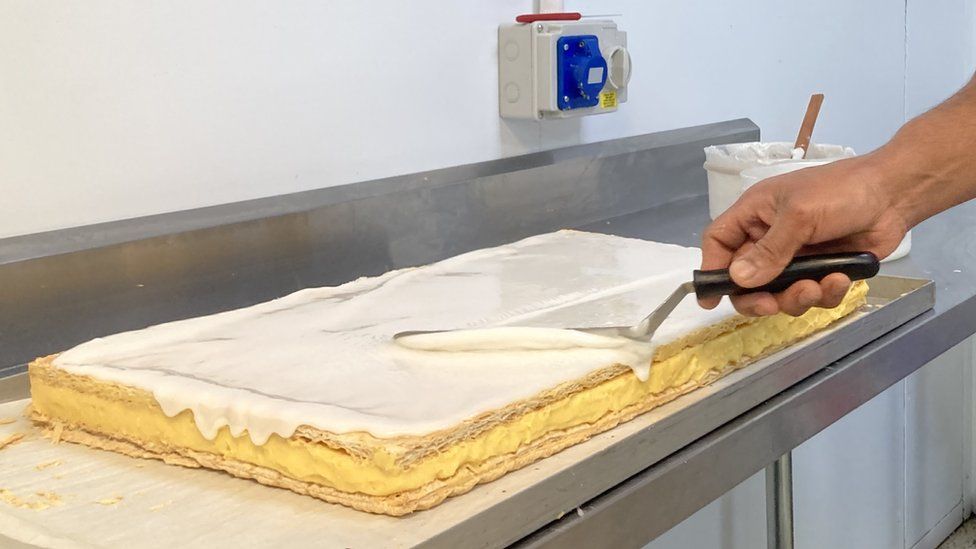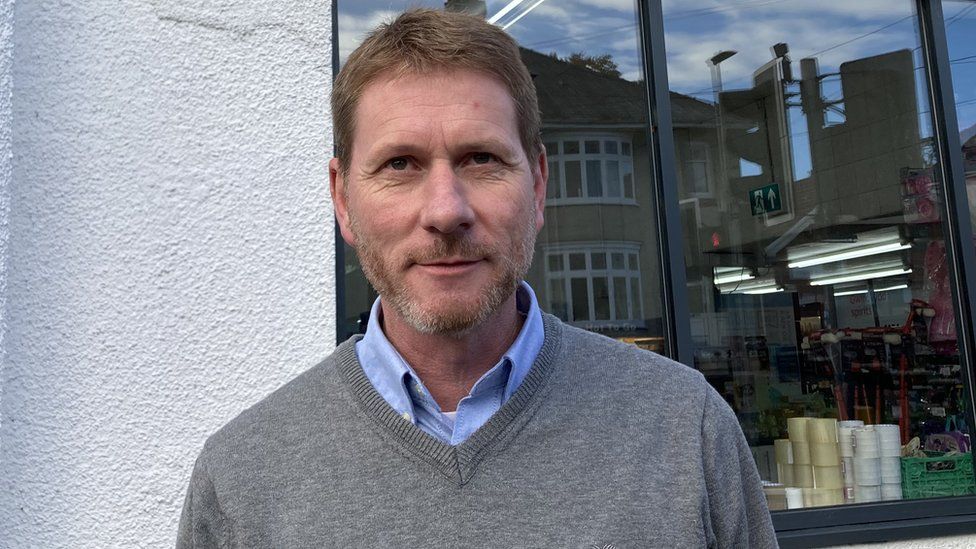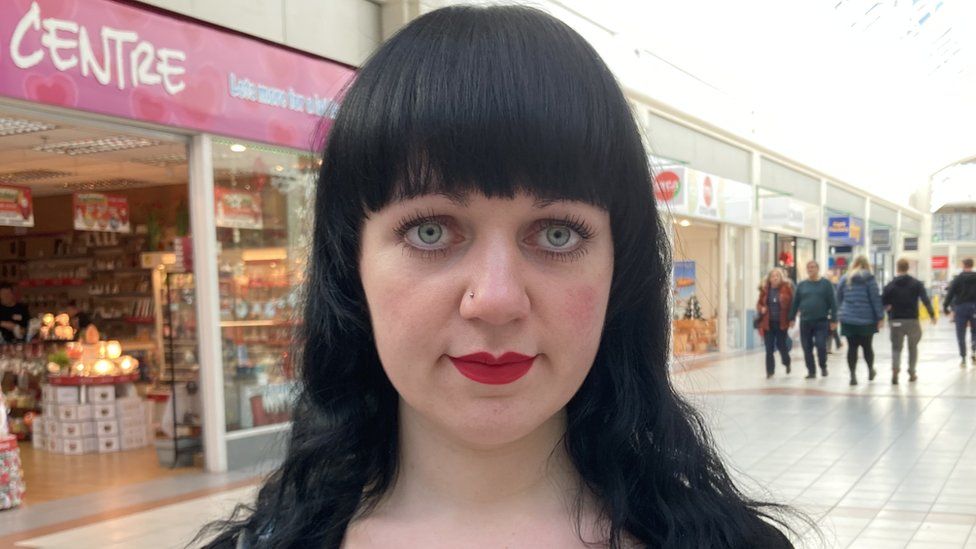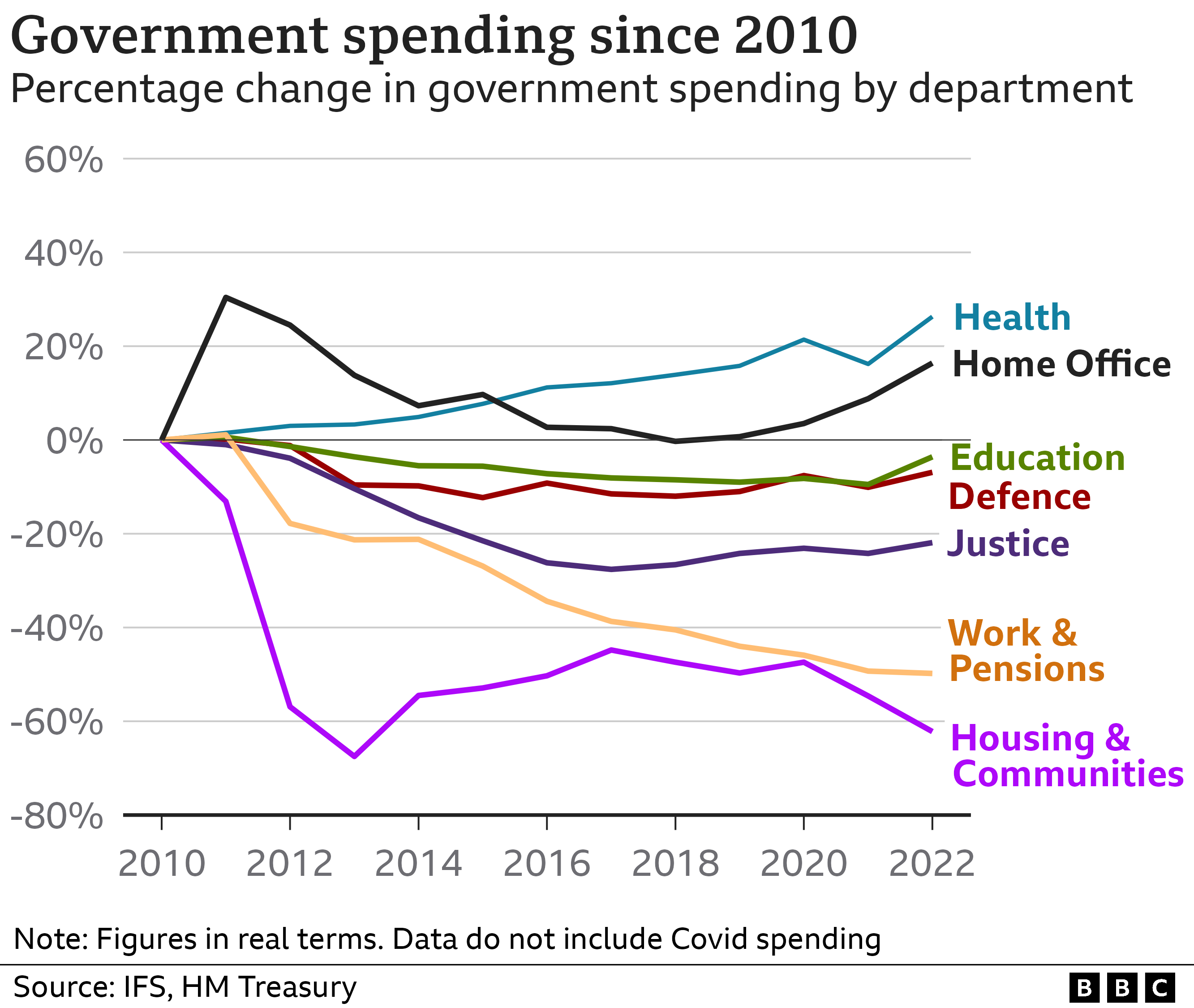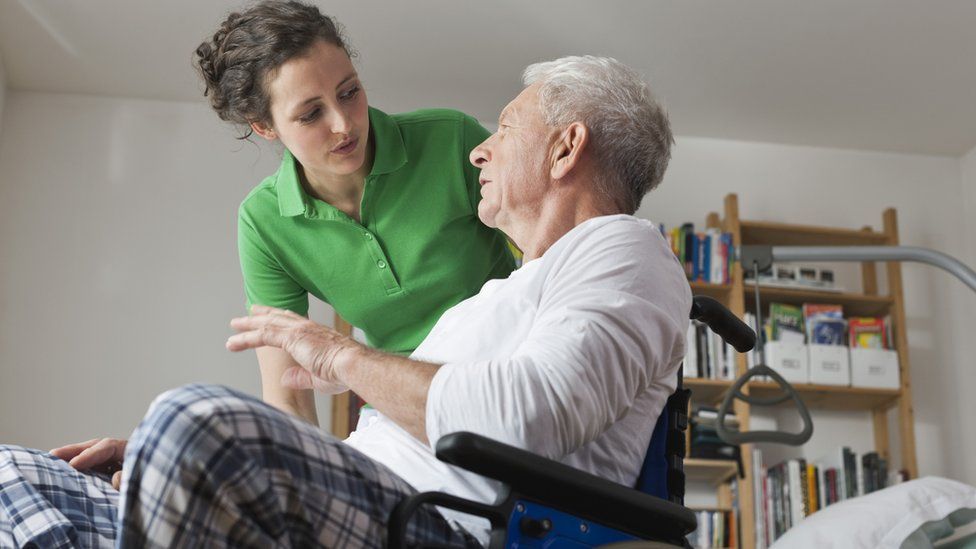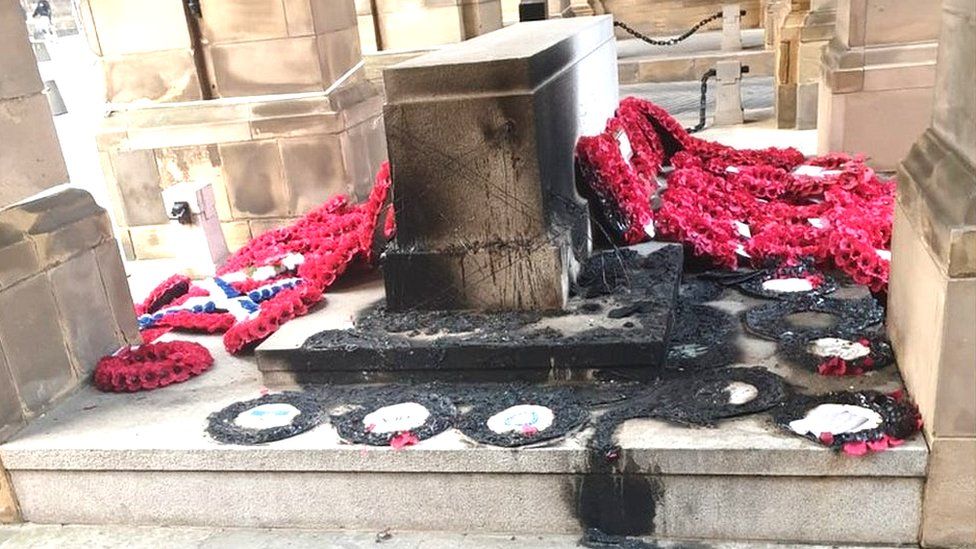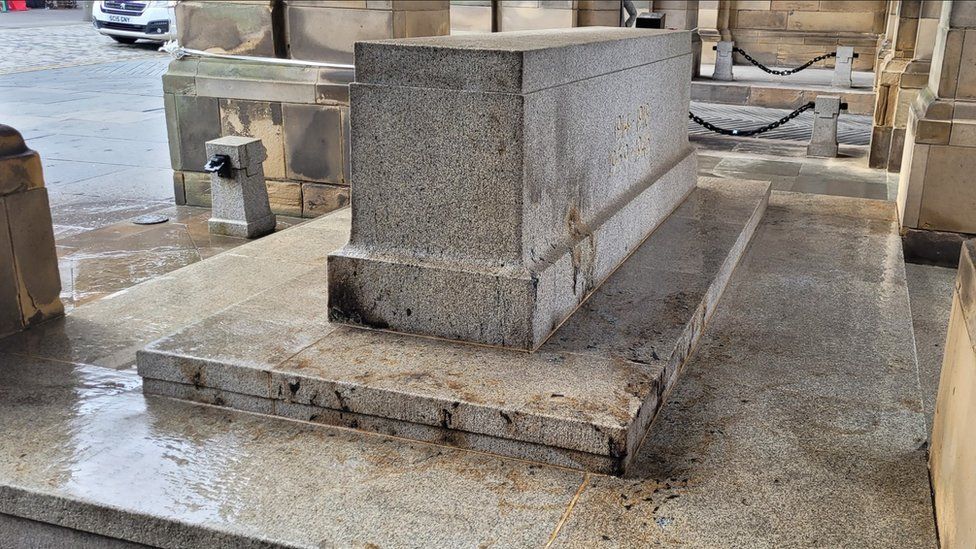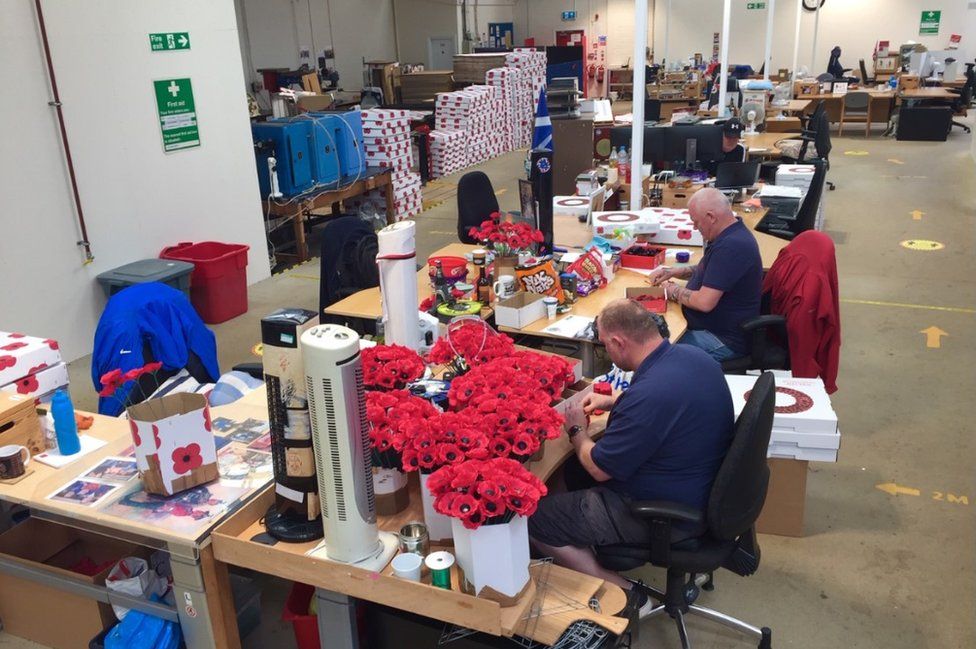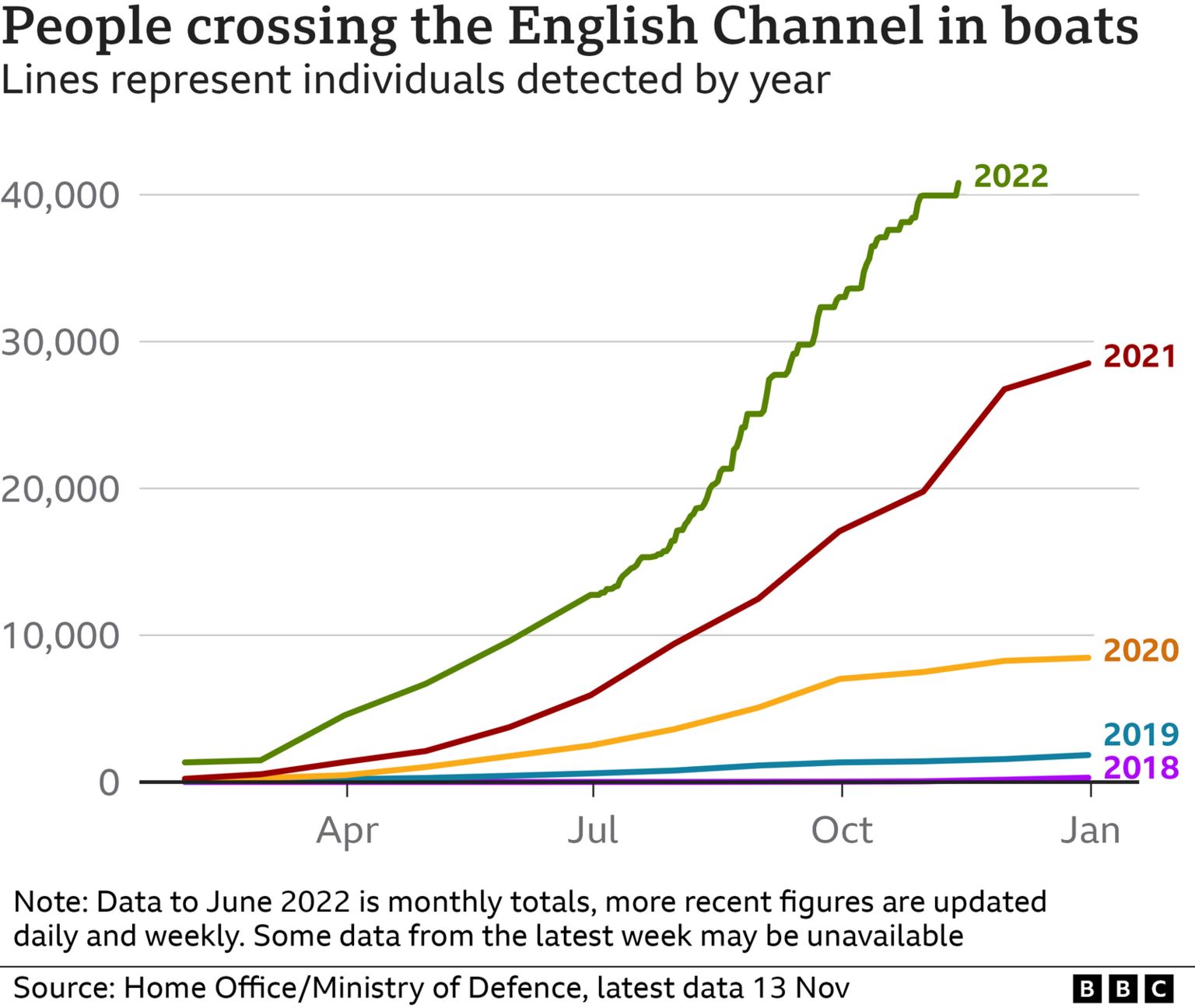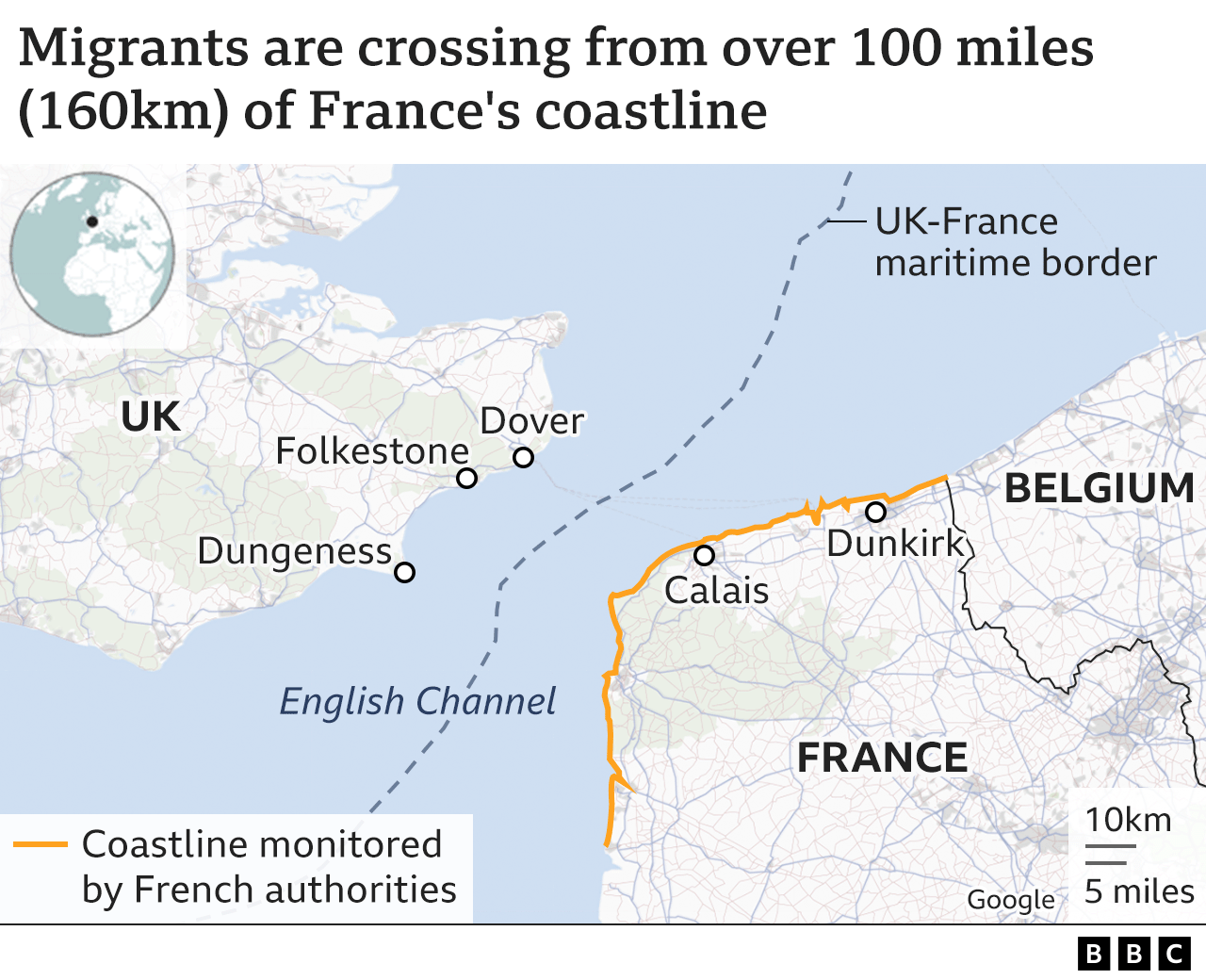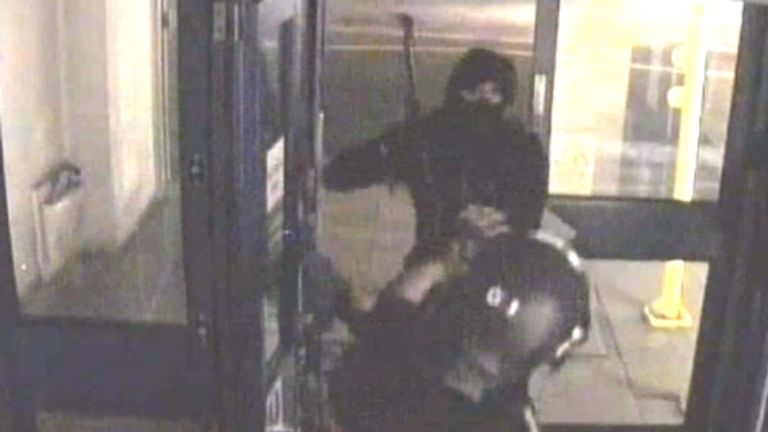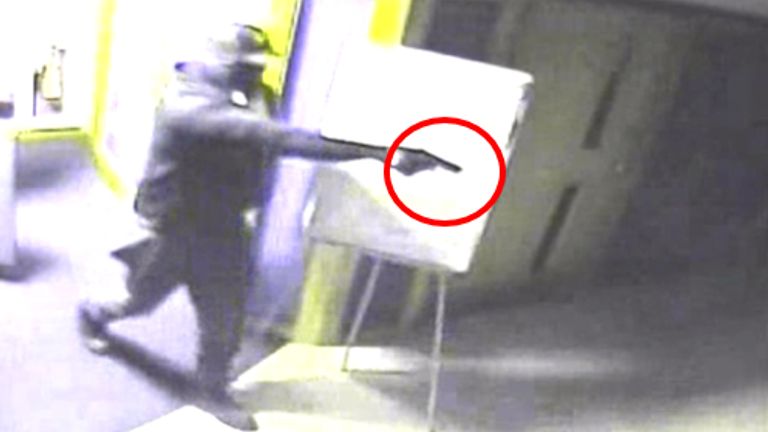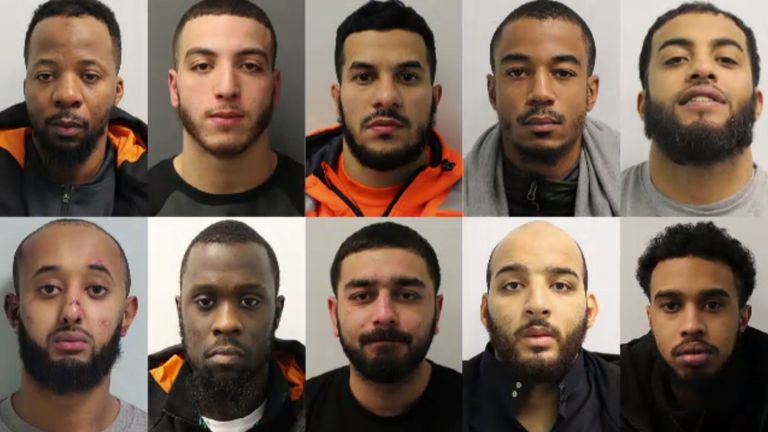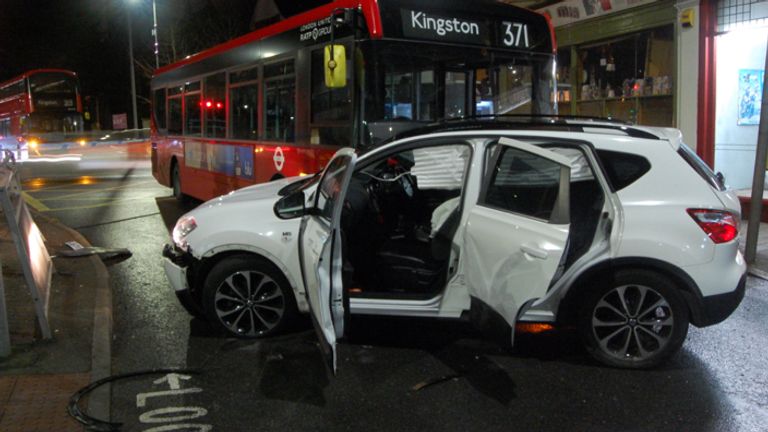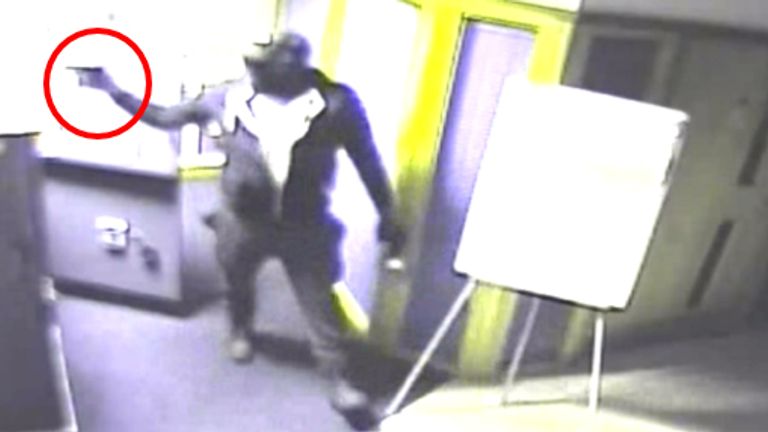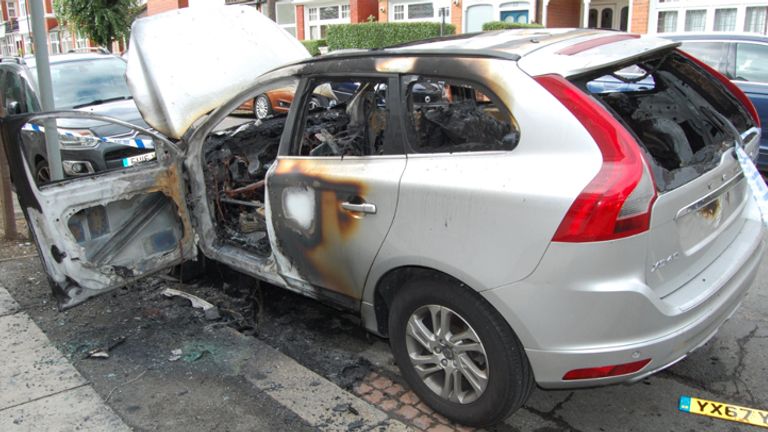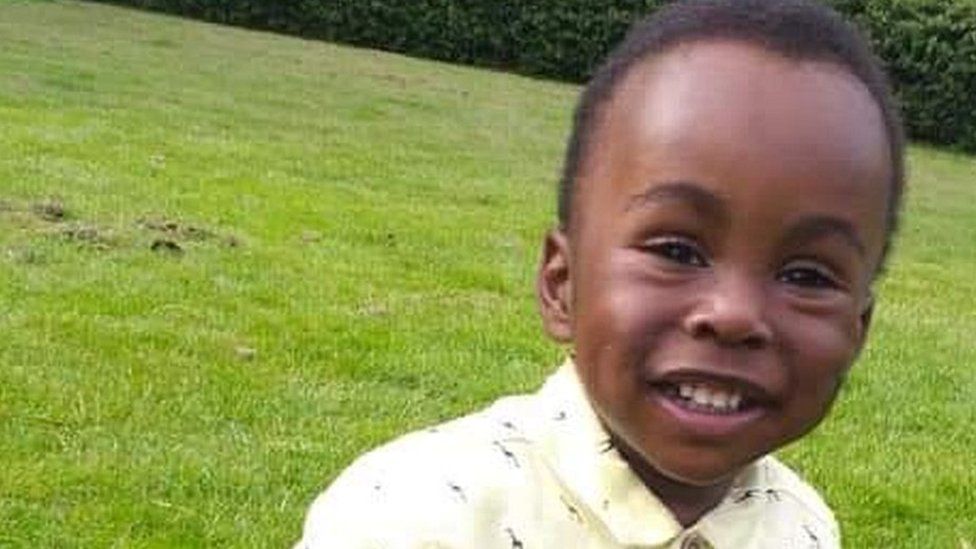
The death of a toddler after he faced months of living with mould in his home is an "unacceptable tragedy", Housing Secretary Michael Gove has said.
Awaab Ishak, two, died of a respiratory condition caused by exposure to the mould in his flat, a coroner ruled.
Awaab's father repeatedly raised the issue with Rochdale Boroughwide Housing (RBH) but no action was ever taken.
Mr Gove said it "beggars belief" that RBH's chief executive Gareth Swarbrick was still in his £185,000-a-year job.
Coroner Joanne Kearsley criticised RBH for not being "proactive" and asked: "How in the UK in 2020 does a two-year-old child die as a result of exposure to mould?"
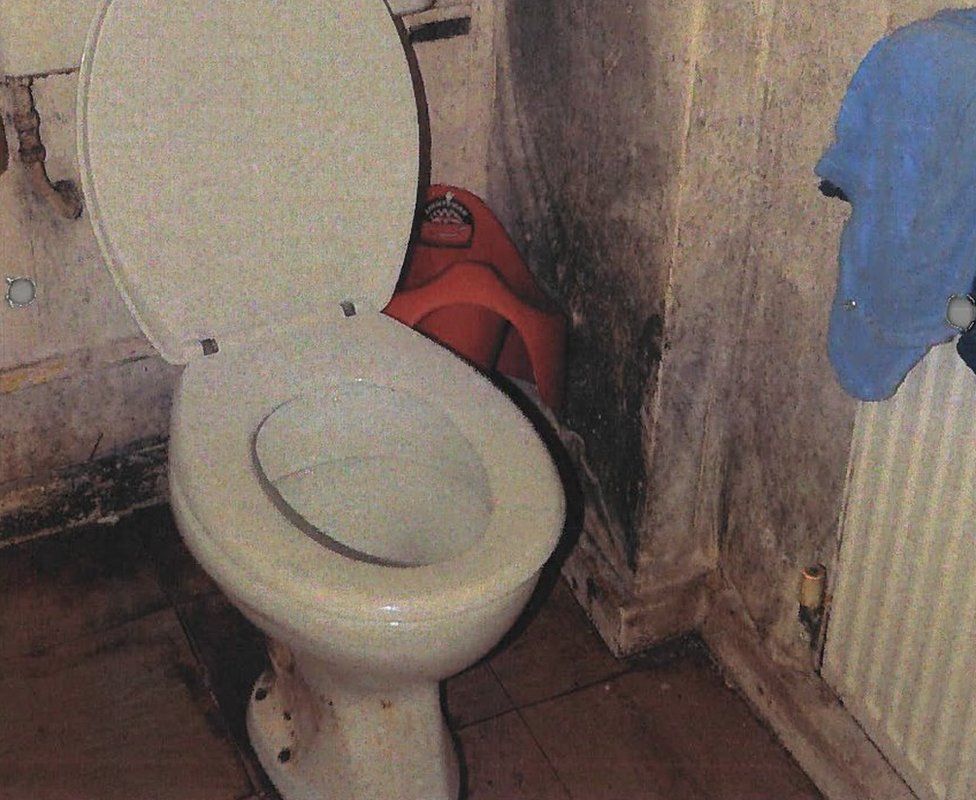
Awaab died in December 2020 following a cardiac arrest after living in the damp one-bedroom flat in Rochdale, Greater Manchester.
His father Faisal Abdullah had complained about the mould but said the family had been "left feeling absolutely worthless at the hands of RBH".
Mr Gove said local authorities and housing associations could not blame a lack of government funding for the child's death.
'Do your job, man'
"We all know that local authorities are facing challenging times when it comes to finance but, frankly, that is no excuse," said Mr Gove.
"When you have got a situation where you have a young child in a house that is unfit for human habitation, it is a basic responsibility of the local authority - but particularly the housing association - to make sure that people are in decent homes.
"All this what-aboutery, all this 'Oh, if only we had more government money' - do your job, man."
Mr Gove said he had summoned the head of the housing association, who earned £170,000 in the year of Awaab's death, to the Department for Levelling Up, Housing and Communities.
RBH's financial reports show Mr Swarbrick's pay increased to £185,000 the year after Awaab's death.
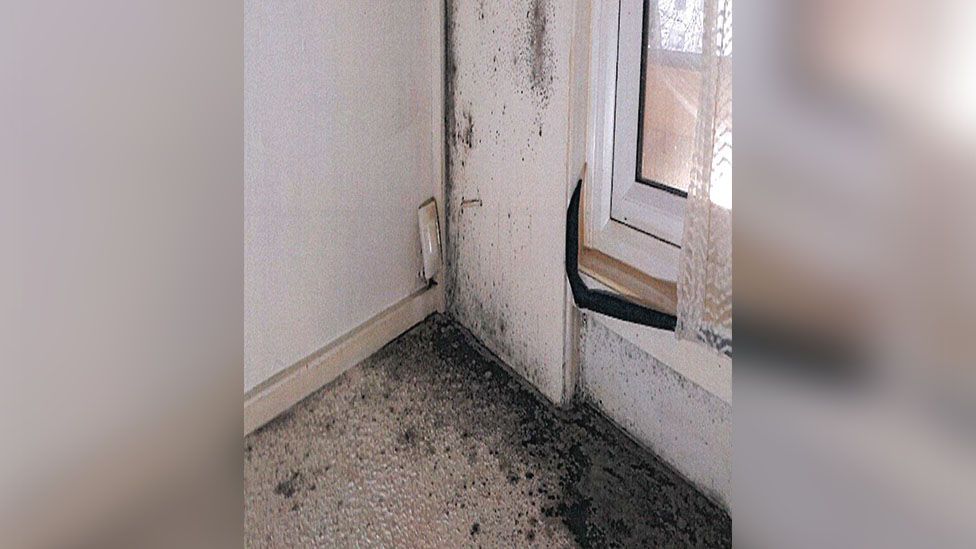
The minister said the government was bringing forward legislation to ensure housing associations responsible for providing social housing are "held to account".
Mr Swarbrick said Awaab's death should be a "wake-up call for everyone in housing, social care and health".
He said: "We didn't recognise the level of risk to a little boy's health from the mould in the family's home."
The housing boss added: "We must make sure this can never happen again."
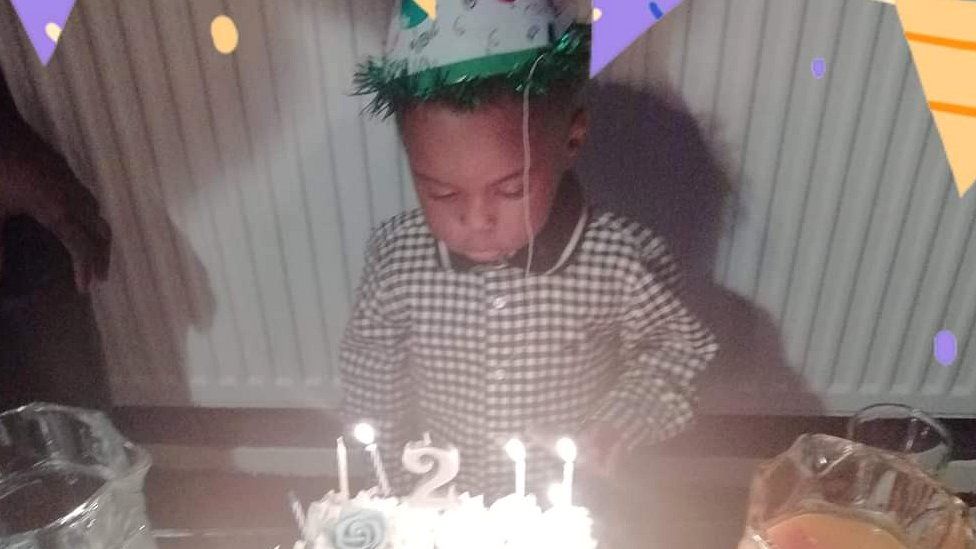

Why not follow BBC North West on Facebook, Twitter and Instagram? You can also send story ideas to northwest.newsonline@bbc.co.uk
Related Internet Links
https://news.google.com/__i/rss/rd/articles/CBMiOWh0dHBzOi8vd3d3LmJiYy5jby51ay9uZXdzL3VrLWVuZ2xhbmQtbWFuY2hlc3Rlci02MzY0MTQzONIBPWh0dHBzOi8vd3d3LmJiYy5jby51ay9uZXdzL3VrLWVuZ2xhbmQtbWFuY2hlc3Rlci02MzY0MTQzOC5hbXA?oc=5
2022-11-16 09:20:34Z
1640396805
